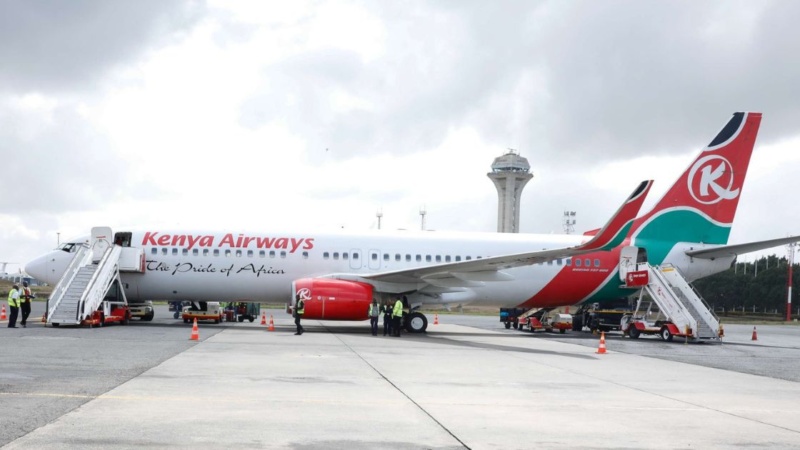Latest Travel Advisories & Safety Tips for 2025
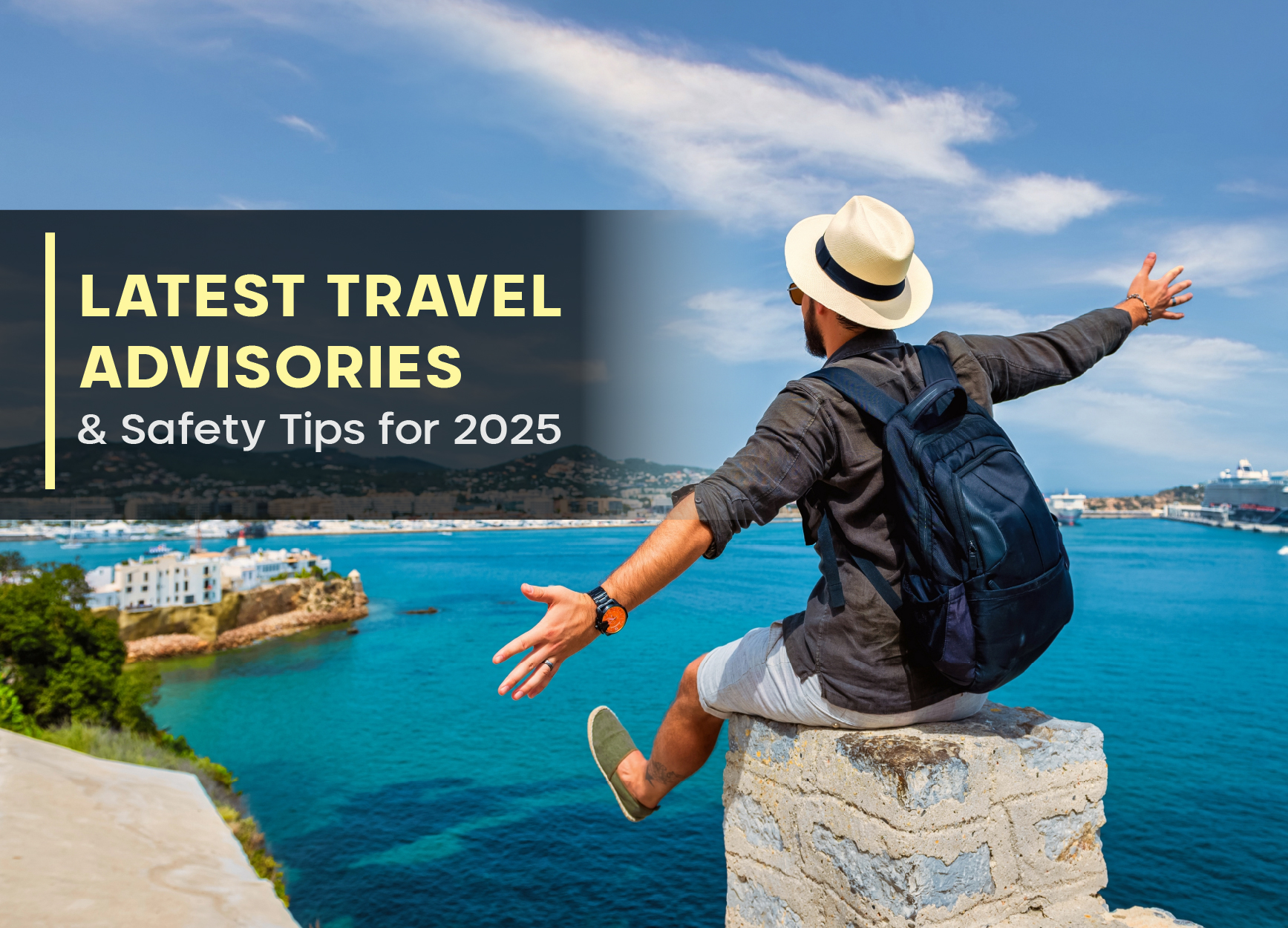
No matter if you are a veteran voyager or a first-time international traveler, it is obvious that 2025 will not be the same as prior years. These changes stem from regulations around the globe, geopolitical climate crises, an elevation in focus towards medical health and cybersecurity, added to the constant need for information sources.
We have summarized all the essential travel warnings and safety information that you are required to know before purchasing any airline tickets. So, grab your smartphones or notebooks, and join us for navigating through uncomplicated, hassle-free travel for the rest of the year.
Understand Country-Specific Travel Advisories
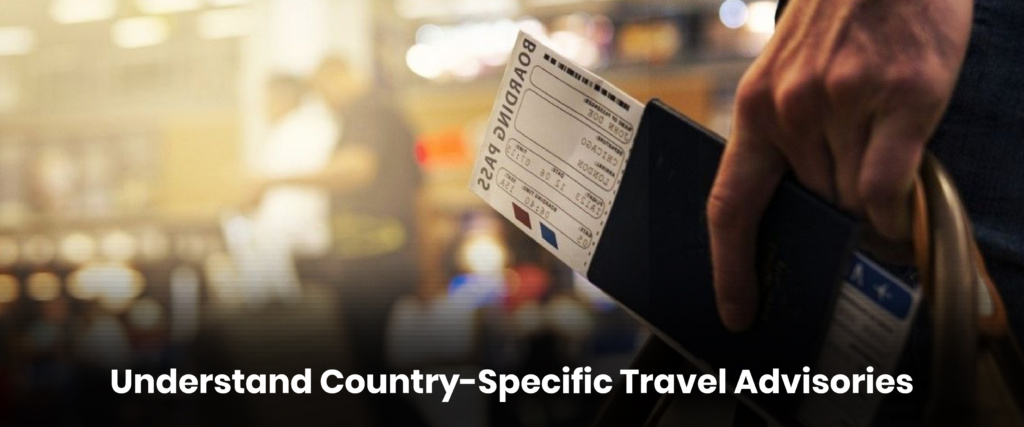
Any travel plans need not be set in stone until the official travel warning for the visited country is checked. Political, health, and disaster-related risks are some challenges governments provide assessments on, aimed to notify citizens about the dangers of heading to areas with a lack of order, rampant crime, disease, or outbreaks, and God forbid, natural calamities.
Primary sources include-
U.S. Department of State Travel Advisory (travel.state.gov)
UK Foreign Travel Advice (gov.uk)
Government of Canada Travel Advice and Advisories
Judging from these sites, it is clear that these have risk factors outlined, and detailed breakdowns of repetitively chosen countries or regions; however, keep in mind that unfolding global happenings could change them dramatically at a moment’s notice.
Pro Tip- Immediate notifications will be provided to you if there are any changes; just bookmark your country’s advisory page and sign up for email notifications.
Make Use of Real Time Applications

These days, guidebooks are no longer a thing. Travel apps such as Sitata, TripWhistle, and Smart Traveler provide up-to-date information regarding health issues, unrest, and entry requirements.
While some apps offer assistance during emergencies, others allow tracking of nearby hospitals, pharmacies, and police stations. Moreover, translation of the local languages, finding embassies, and checking local news feeds can also be monitored.
Bonus Tip- For easy access during traveling, the app’s links, insurance details, contacts, and documents can all be placed in a digital folder on one’s phone.
Prioritize Health

Health remains a top priority due to the impact of COVID-19; thus, being prepared is crucial.
Vaccinations- Ensure to find out what vaccines are required or recommended for your travel. Certain nations could ask for proof of vaccination, be it for COVID-19, Yellow Fever, or polio.
Insurance- Comprehensive travel insurance with emergency medical assistance and evacuation is a must. Also, the fine print of the contract needs to be checked to see if it covers pandemics or natural disasters.
Familiarize yourself with Local hospitals or clinics. Although Google Maps is great, your hotel or host may give useful local suggestions. In some regions, private clinics might have a shorter waiting time.
Traveling Tips- Keep a small first aid kit consisting of pain relievers, antiseptics, and prescribed meds in their original containers.
Protect Your Online Privacy

Cybersecurity is the new passport control.
– Avoid public Wi-Fi when at airports, hotels, or cafes, but if you must access the Wi-Fi network, be sure to use a VPN.
– Activating two-factor authentication for vital services and applications is a good security practice.
– Store crucial documents such as your passport, ID, visa, and travel insurance in a protected cloud space.
– Always have a portable charger and universal adapter on hand. A dead phone in a new city is not an ideal situation.
In 2025, protecting your online exposes is just as crucial as protecting your belongings.
Weather & Natural Disasters
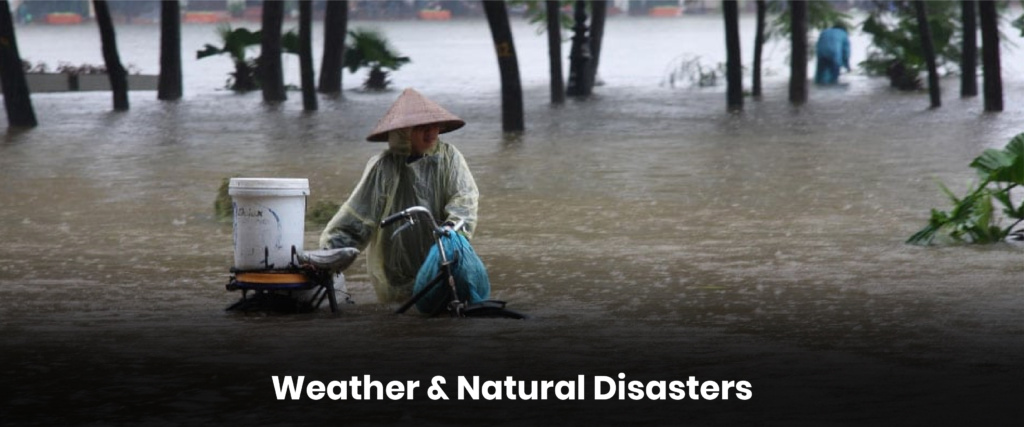
Climate change has made the weather more unpredictable, and travelers can be affected by wildfires, floods, and storms.
– Research your destination’s common climate issues for your particular season.
– Always keep a simple emergency kit that includes a portable charger, flashlight, refillable water vessel, and snacks.
– Consider enrolling for location-based emergency alerts when available.
Make sure you understand local procedures for evacuation and routes if you plan to travel to places with a risk of natural events such as earthquakes, hurricanes, or heavy snow.
Social & Political Sensitivity
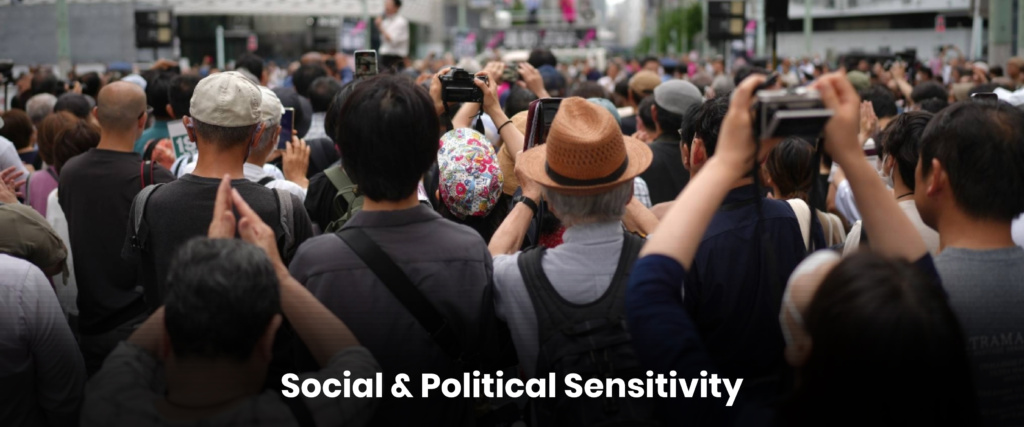
Protecting yourself from embarrassment or trouble can come from understanding local customs and norms. In some countries, there are strict behavioral guidelines in regards to clothing, affection, and even photography.
– Show special focus on etiquette from the Middle East, Southeast Asia, and Africa, as they have different and unique cultures.
– No matter how peaceful political protests or public gatherings may seem, it’s best to stay away from those settings.
– Appropriate dress is required when entering religious sites. A long scarf or sleeves can show great respect.
Did you know- Using a few local phrases or greetings can help build rapport with locals and show that you appreciate their culture as well.
Safety While Traveling
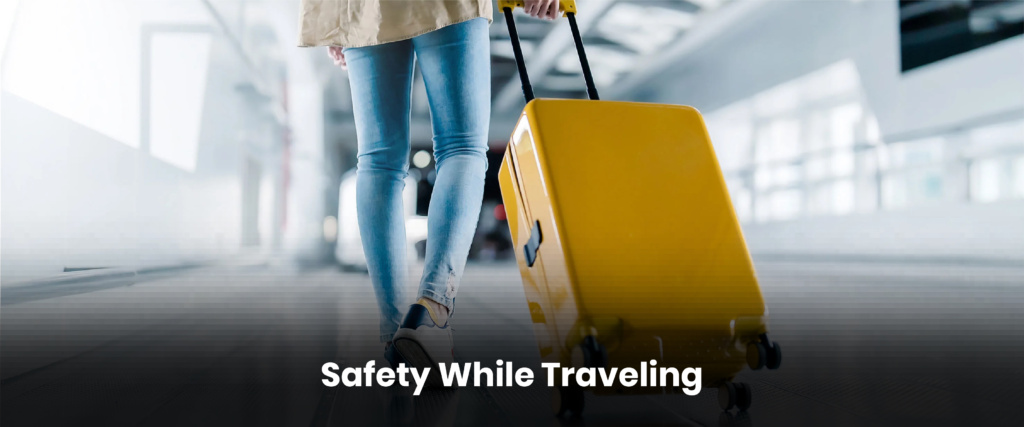
Traffic laws (and road conditions) differ all over the world.
– Do a background check to see if your driver’s license is valid or if an International Driving Permit is needed.
– Check the availability of safe taxi or ride-sharing applications in the area because some places might have unlicensed taxis, and that could be dangerous.
– When using public transport, keep your items guarded and avoid travelling at night in unfamiliar areas.
Did you know TIP- Always share your location with a trusted person and take a photo of the taxi’s license plate before sitting in.
Additional Tips For Women and Solo Travelers

Traveling alone? That’s incredible! Just take a few extra steps, and you’ll be good to go.
– Choose lodgings that have good reviews and are in safe areas.
– Avoid stating your exact location and travel itinerary to those whom you have just met.
– Be sure to follow your intuition. If something doesn’t seem right, it’s best to trust your instincts and vacate the area.
– Where available, take advantage of women-only compartments or rideshares.
In some cultures, wearing moderately revealing clothing, in combination with awareness of one’s surroundings, assists in not attracting unwanted attention.
Financial Concerns & Scams To Be Aware Of

Whenever possible, prefer credit cards and digital wallets to cash.
– Make sure to notify your bank of the dates of the international travel so they don’t accidentally freeze your cards.
– Be on the lookout for common scams- overpriced taxis, deceptive tour guides, or distraction-based theft.
– Don’t put all your cash in one place. Instead, put the cash into a travel pouch or a money belt.
Also, make sure you know the exchange rate and try not to change them in places that are dubious or unsafe. A currency converter app would be helpful for quick calculations.
Local Laws—Tourists Are Not Exempt
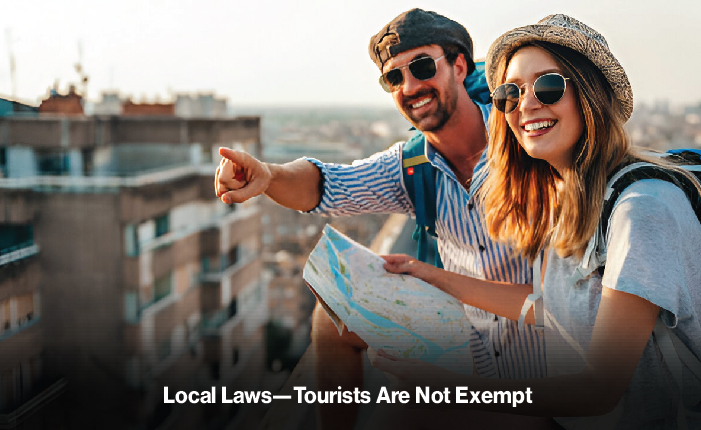
Not knowing the law will not get you off the hook.
– Find out what the laws are. Some countries do not allow them to carry certain types of drugs, alcohol, and even chewing gum (yes, Singapore, we are talking about you!).
– Always walk around with a copy of the passport, but store the original safely.
– Do not make public remarks concerning political matters in countries that have laws against free speech.
– Bear in mind, what might be considered acceptable where you come from might be considered offensive or illegal in this jurisdiction.
Bonus Section- Maintaining Communication While Traveling
Maintaining communication is crucial for the purpose of guidance, security, and communicating with others.
– Purchase a local SIM card or a global data plan before your travel.
– Always keep in touch with family and friends, as well as the emergency contacts, using messengers such as WhatsApp or Telegram.
– Become a member of Facebook groups dedicated to expats or travelers, as they offer real-time tips as well as local information.
– Digital communication is very helpful when traversing unfamiliar terrain, especially when there are language barriers.
Travel Smart, Travel Safe
2025 is anticipated to be an incredible year for international travel, but only for those who prepare correctly. The more you learn before departure, the safer and more enriching your trip will be.
So, whether you are fantasizing about sipping coffee in front of a Parisian cafe, hiking through Patagonia, or dancing under the Northern Lights, take these tips with you.
Traveling while lightly packed, remaining vigilant, and having a high level of curiosity is key. The world is out there and is waiting for you.


